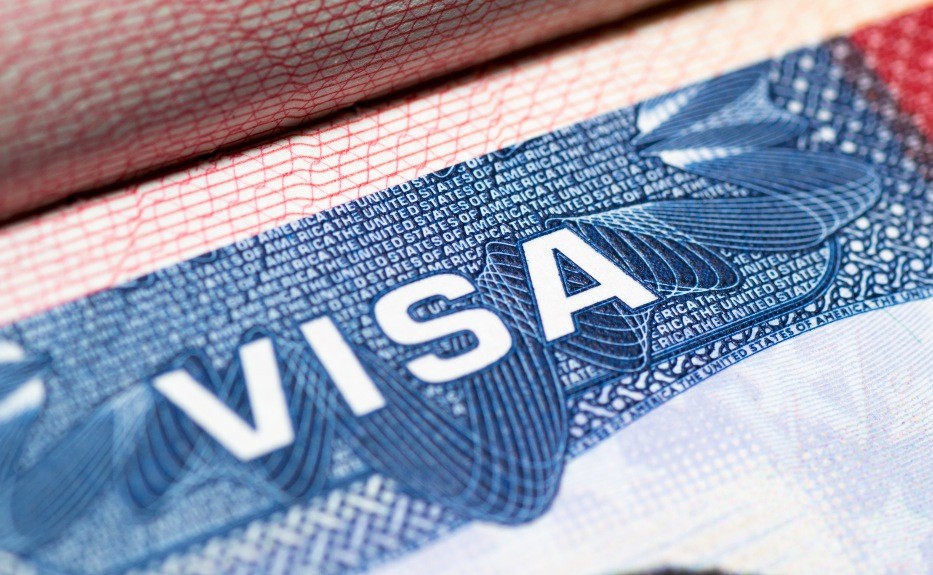U.S. Visa Rules Change September 2: What Travelers Need to Know

Starting September 2, 2025, the United States will implement major changes to its visa application process, eliminating the popular “drop-box” interview waiver program for applicants from 57 countries. The move is expected to result in longer wait times, higher costs, and more stringent screening procedures for international travelers.
Under the new rules, nearly all nonimmigrant visa applicants, including those renewing visas, must now attend in-person interviews at U.S. embassies or consulates. Previously, exemptions applied to certain age groups—children under 14 and adults over 79—as well as specific visa categories like H-1B, L-1, F-1, O-1, and B-1/B-2. These exemptions will no longer be valid.
The U.S. government cited national security concerns and the need for enhanced vetting procedures as reasons for discontinuing the program. Officials say the change is part of a broader effort to tighten immigration policies and restore pre-pandemic visa processing standards.
Affected travelers include:
-
Students: Mandatory interviews for all F-1 visa applicants.
-
Professionals: H-1B, L-1, and O-1 visa applicants now require interviews.
-
Tourists and business travelers: B-1/B-2 visa holders must attend in-person interviews.
-
Children and seniors: Previously exempt age groups are now included unless meeting specific criteria.
The policy may also lead to additional scrutiny for nationals from certain countries, depending on diplomatic considerations.
Tips for Applicants:
-
Schedule Early: Book interviews well in advance to avoid delays.
-
Gather Documentation: Ensure all required papers are complete and current.
-
Understand the Process: Familiarize yourself with the updated application procedures.
-
Stay Informed: Regularly check the U.S. Department of State website and your local embassy or consulate for updates.
These changes underscore the importance of careful preparation for anyone planning to visit the U.S., whether for study, work, or leisure, as more thorough screening and longer processing times are now expected.














